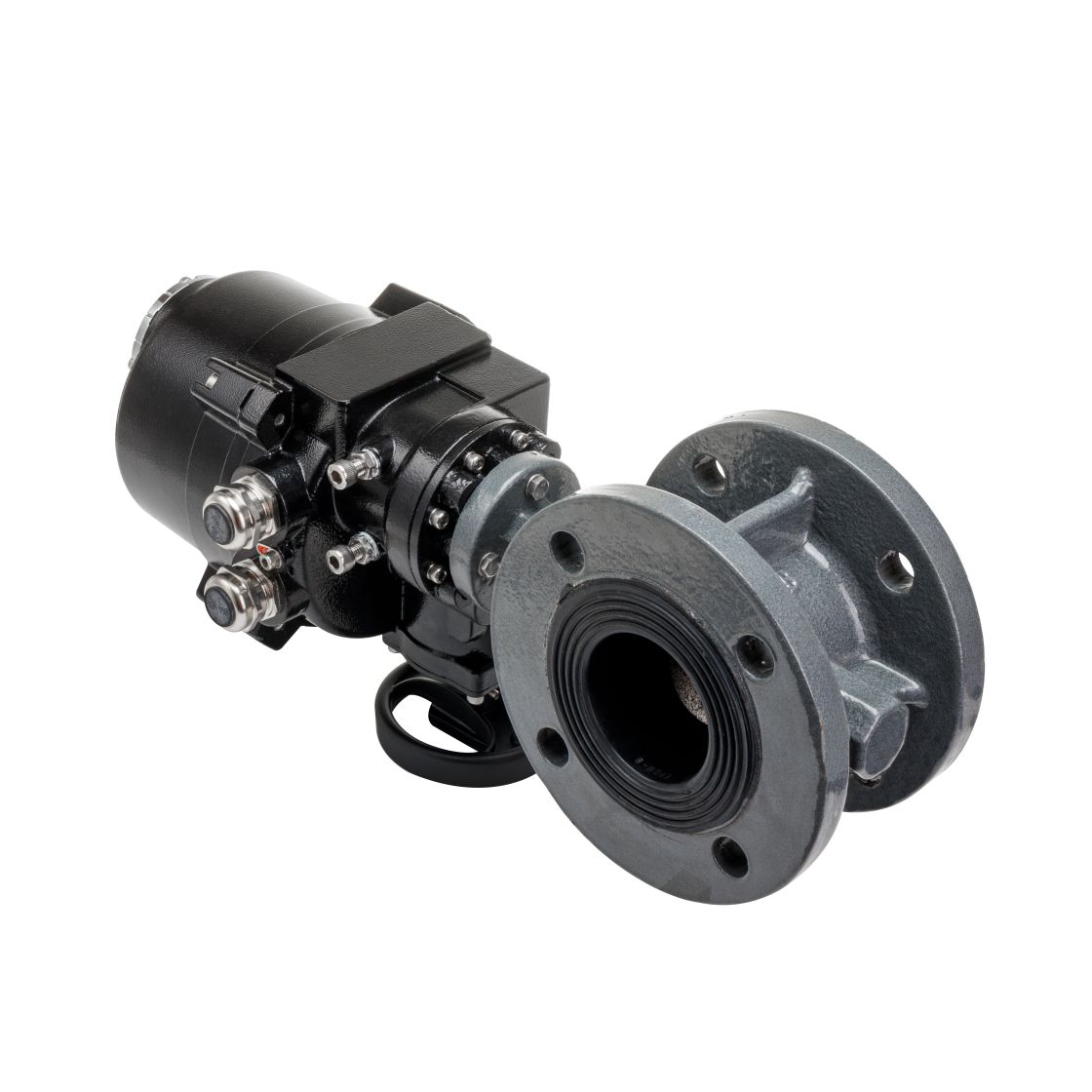
The transition to renewable energy sources in the maritime industry is an essential step toward reducing carbon emissions and ensuring a sustainable future for global shipping. Among the many innovations in this field, the hydrogen energy marine electric ball valve plays a crucial role in managing hydrogen fuel systems on marine vessels. These advanced valves provide safety, efficiency, and durability, making them indispensable for the growing use of hydrogen as a clean energy solution in maritime applications.
Understanding Hydrogen Energy in the Maritime Industry
Hydrogen energy is emerging as a promising alternative fuel for maritime transportation. Hydrogen-powered vessels, particularly those using hydrogen fuel cells, have the potential to drastically reduce harmful emissions like CO2, NOx, and sulfur, which are common in conventional marine engines powered by fossil fuels. Hydrogen is a clean and renewable energy source that, when used in fuel cells, produces only water vapor as a byproduct, offering an environmentally friendly alternative to traditional fuels. As the maritime industry strives to meet the goals set by international regulations, such as the International Maritime Organization's (IMO) carbon reduction targets, the adoption of hydrogen energy is seen as a key solution.
